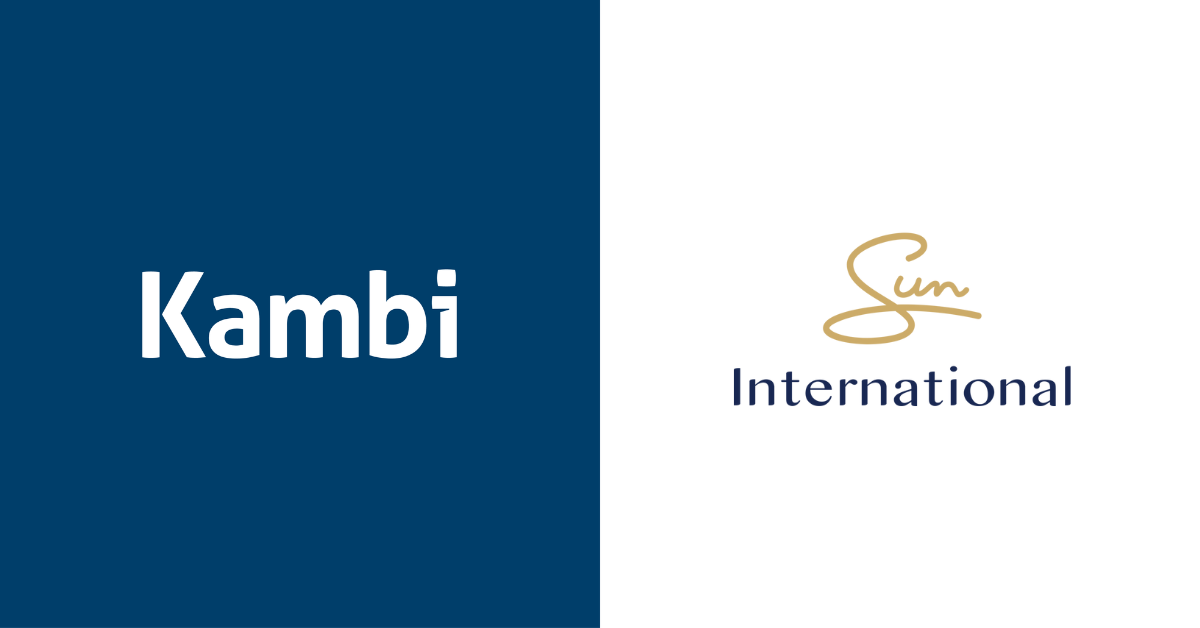

Oliver Lamb, Kambi’s Head Sportsbook Controller spoke with G3 Magazine to discuss the threat corruption poses within sport and the industry collaboration to ensure integrity is of the highest standard.
Oliver has nearly twenty years’ experience working with regulated sportsbooks in the UK, continental Europe and the Americas.
Could you tell us more about your role within Kambi with regards to the integrity of the sportsbook?
Sure. I wear a few hats at Kambi, but one of my key roles is overseeing the Sportsbook Control team who are our sports integrity guardians. They work 24/7 across 4 time zones in order to ensure that the Kambi platform is as free as possible from any match fixing concerns.
Their work ranges from informing traders which events are higher risk and should not be offered, investigating integrity alerts from internal and external sources, and liaising with integrity associations and regulators to ensure they’re kept in the loop and no stone is left unturned.
How real is the threat of corruption in sport, particularly the issues of competition manipulation and illegal betting?
The fact that my team deals with multiple investigations on a daily basis is enough to tell you that the threat is very real. As in any walk of life, there will always be bad actors out there trying to take advantage of any perceived weakness, be it in a sporting event’s set up or a bookmaker’s risk management controls. It’s important not to spook people about the subject, this corruption only happens on a very limited basis and the vast majority of the sports that we watch can be enjoyed without any concerns as to manipulation. However that does not mean that we should let down our guard or take our role in the fight against match fixing any less seriously.
Having been in the sports betting industry for a number of years, how would you say the industry’s approach to integrity has changed during that period?
It’s changed greatly since I was first on the trading floor nearly 20 years ago. Back then there was no less passion for sports or abhorrence of match fixing than there is today, but there simply wasn’t the integrity framework in place on any level like there is today. There were no clear escalation routes out to integrity associations like there are today, little international cooperation between regulators and certainly no communication lines with the sporting federations. Fast forward to the present day and we’re in a much better place. Whilst match fixing itself hasn’t gone away, the mechanisms that kick in whenever there is a case are there now. Be it operators, regulators, sports or law enforcement, there’s a really strong network now where everyone has a clearly defined, and respected, role to play.
Operators are increasingly looking outside of the box to gain an edge. How does Kambi approach events, particularly new sports betting markets, and ensure its integrity is protected? What type and level of information is sufficient to give the green light?
We ask ourselves these questions on a daily basis at Kambi. As I said earlier, our integrity team block multiple games from our offering each day on integrity grounds before we’ve even opened the betting. This proactive self-regulation is built on hard data from millions of events that we have offered over the past few years, as well as expert insights from trading leadership. If we can’t guarantee sufficient levels of integrity on an event, we’ll focus our resources elsewhere and offer something more reliable.
In terms of whole new betting markets, the pandemic is a case in point. We’ve seen pop up events in various sports that generate significant betting interest, but given their ad-hoc nature don’t have the vast hinterland of insights that other more established events would have. We’ve approached these events with open eyes and made sure we ask ourselves the right questions before offering.
Cooperation between both public and private organisations is essential to protect major sports leagues. What is the collective responsibility to protect and ensure sports are free of manipulation and corruption?
We all realise that the stakes couldn’t be higher here; if we don’t get this right the whole sporting ecosystem could be damaged. And that’s not simply of interest because it would be bad for business. I started working in this industry for the same reasons that athletes started out in their respective sports; we all love the game and recognise our responsibility in keeping it clean.
At the turn of the year, Kambi became a member of the International Betting Integrity Association, an association run by operators for operators that protects its members from corruption through collective action. Do you see in-house industry collaboration, as opposed to government and inter-governmental organisations, as the best way to ensure integrity?
For me this works on two levels. Firstly it’s important for the industry to do some of this work in-house as there’s a lot that we can proactively do together in terms of restricting this activity and sharing learnings before we even start reaching out to external organisations. Secondly, I’m sure that organisations particularly on the government and inter-governmental levels appreciate the fact that they don’t need to contact hundreds of different sportsbooks for information whenever there’s a match fixing case presented to them. Organisations like the IBIA can give them the considered and collective view from the leading regulated bookmakers in a concise manner, and that’s always going to be more powerful and indeed useful than any fractured messaging.
Does the fierce commercial rivalry between operators infringe upon the level of cooperation to combat integrity issues?
Absolutely not. There are some serious commercial rivalries between these organisations but I’ve never seen anyone hesitate to share relevant integrity information. Similar to my earlier points, we’ve all got a lot at stake and we realise that this is an area we take great pride in getting right. We share a lot of information in this area, and whenever possible event meet up at events to discuss how we can improve things further.
Does the current regulatory framework do enough to ensure the integrity of sports leagues in the US? If not, what more can be done?
I’d certainly say that it’s off to a good start. Regulators are clearly taking this seriously and I’m yet to see any regulations which don’t put requirements on operators to at least prove their worth in this area, and often even better they mandate having to join an integrity association.
I’d definitely like to see more standardisation so that a similar ‘network effect’ is built as exists in Europe. Most of the big operators are multi-state and will want to report integrity issues in a unified form, and anything that slows down that reporting will slow down the investigation itself. It’s early days though, and I’m sure that cooperation will come.
Whilst tennis regulatory bodies have stepped up to combat issues in the lower levels of the game, do you think more should and can be done?
I think we should give the new approach time to bed in. The steps that they’ve taken already appear to have had an impact in the early part of this year, and everyone has learned a lot compared to a few years ago. Tennis has always taken this seriously, but it is a much more complex sport than others in terms of governance. Things seem to be moving in the right direction, and we at Kambi are certainly ready to help should we be required.
Oringally printed in G3











